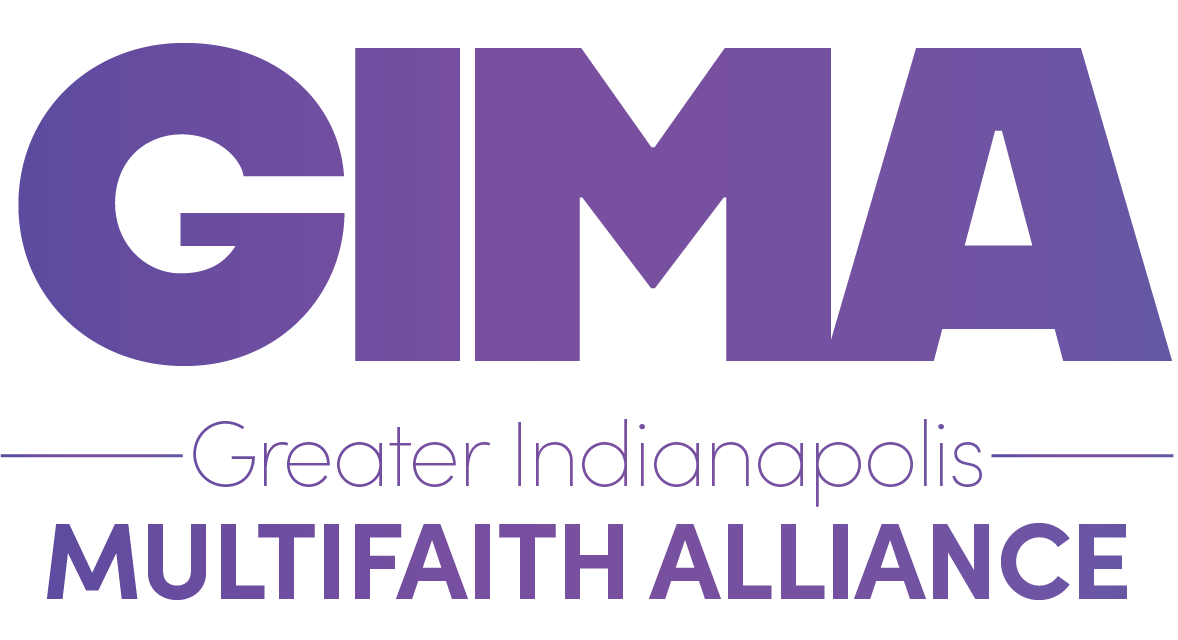Three Pieces of Good News: Housing Advocacy at the State Level
Image: National Archives, Ron Bennett--HUD
This piece originally appeared on Fran Quigley’s blog Housing Is A Human Right on April 4, 2025.
We won’t go whistling past the graveyard here. Things are dire across the U.S., and housing is very much included. To join the National Low-Income Housing Coalition’s campaign to protect HUD programs and staff, click here.
But a core theme of our January post, Six Pieces of Good News as Inauguration Looms, was that local organizing can bring good results even when the federal government is a dumpster fire. We highlighted rent control in Kingston, New York, basic income success in Denver, affordable housing funding in Dallas, and more.
Today we share some more good news about local and state housing successes. We can all take inspiration and ideas from the persistent organizing that led to these victories:
1. Seattle Voters Choose to Tax Big Businesses to Fund Social Housing
Years of organizing by a grassroots coalition called House Our Neighbors—originally founded to protect against the demolition of tent encampments—led to a February referendum victory that should yield over $50 million in social housing funds. The Seattle social housing model is inspired by the examples of Vienna, Finland, and Singapore. And the source of the money will be taxes on all companies that pay any of their individual employees over a $1 million salary.
Importantly, the referendum won by a comfortable 26-point margin. That means that grassroots organizing defeated the intense corporate and landlord opposition that can cause some advocates to feel that success is impossible. The Seattle social housing resistance was funded by six-figure donations from Amazon and Microsoft and featured the support of Seattle’s mayor and Chamber of Commerce, all under the Orwellian name “People for Responsible Social Housing.”
But all that big-money lobbying and advertising was no match for the grassroots pro-social housing campaign. The referendum cause was helped by Trump, too, Housing Our Neighbors co-executive director Tiffani McCoy told Jacobin in March. “I would say that the Trump administration has been a galvanizing force too, because people are seeing the chaos that’s happening at the federal government and recognizing that we cannot continue to rely on the federal government to meet our most basic human need,” McCoy said.
2. Rhode Island Tenants and Lawmakers Move to Require Just Cause for Evictions
In most states, landlords can simply displace tenants when their lease has expired, without having to state any reason at all. Sadly, we regularly see in eviction court tenants who very much want to stay in their rented homes, but their landlord refuses to renew their leases. That unchecked landlord power not only disrupts tenants’ sense of continuity and security; it operates as a powerful deterrent when tenants consider reporting bad housing conditions or coming together to form a tenants association or union.
The antidote to this injustice is “just cause” or “good cause” eviction laws. These laws require landlords to offer lease renewal unless there are justified reasons like nonpayment of rent or causing damage to the property. Rhode Island advocates with Reclaim RI and other organizations--including labor union SEIU Local 1199NE, which also supports tenant organizing in Connecticut—joined with state lawmakers to introduce legislation this month that would put just cause protections in state law.
“There are people who work double shifts just to make sure they pay rent every month,” Representative Cherie Cruz said, as quoted an excellent article by Rhode Island journalist Steve Ahlquist. “They never miss a payment. Then their heat stops working or their stove breaks, and when they ask for repairs, instead of fixing it, their landlord threatens to throw them out of their home or raise the rent. Passing the Just Cause bill would go a long way toward fighting Rhode Island’s homelessness crisis and ensuring everyone has a safe, stable place to live.”
3. Oregon Purges 47,000 Evictions From Court Records
We see the impact of the “Scarlet E” of an eviction record on our clients far too often: a past eviction filing can lead landlords to reject their applications and cause families to become homeless.
Advocates at the local and state levels are starting to make headway in addressing this crisis, including a big recent win in Oregon. As of the start of 2025, a new eviction sealing law has led to a whopping 47,000 eviction cases being sealed, with another 50,000 cases set for review throughout this year.
“It will help a lot of people by removing barriers to housing stability, which is especially critical during this housing crisis,” Sybil Hebb, director of legislative advocacy for the Oregon Law Center, told the Oregon Capital Chronicle.
* * *
It is an undeniably tough time in the U.S., especially for our sisters and brothers facing eviction and homelessness. But a better day is possible. All across the country, people fighting for housing justice are proving it.

